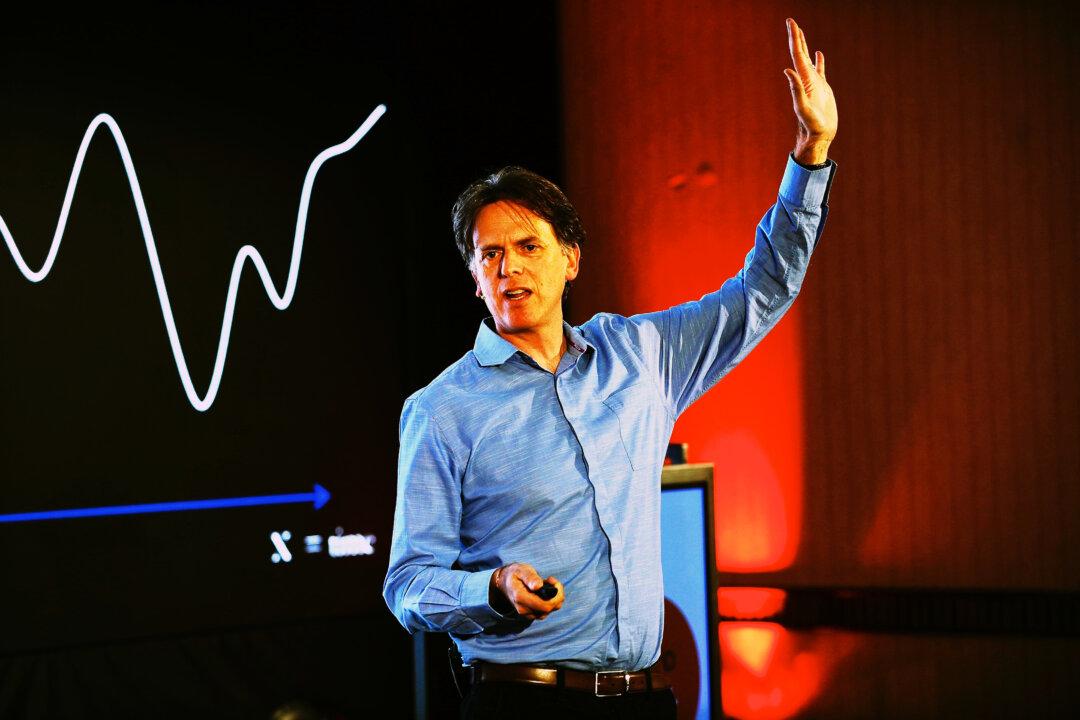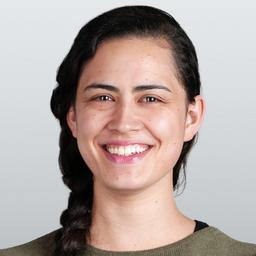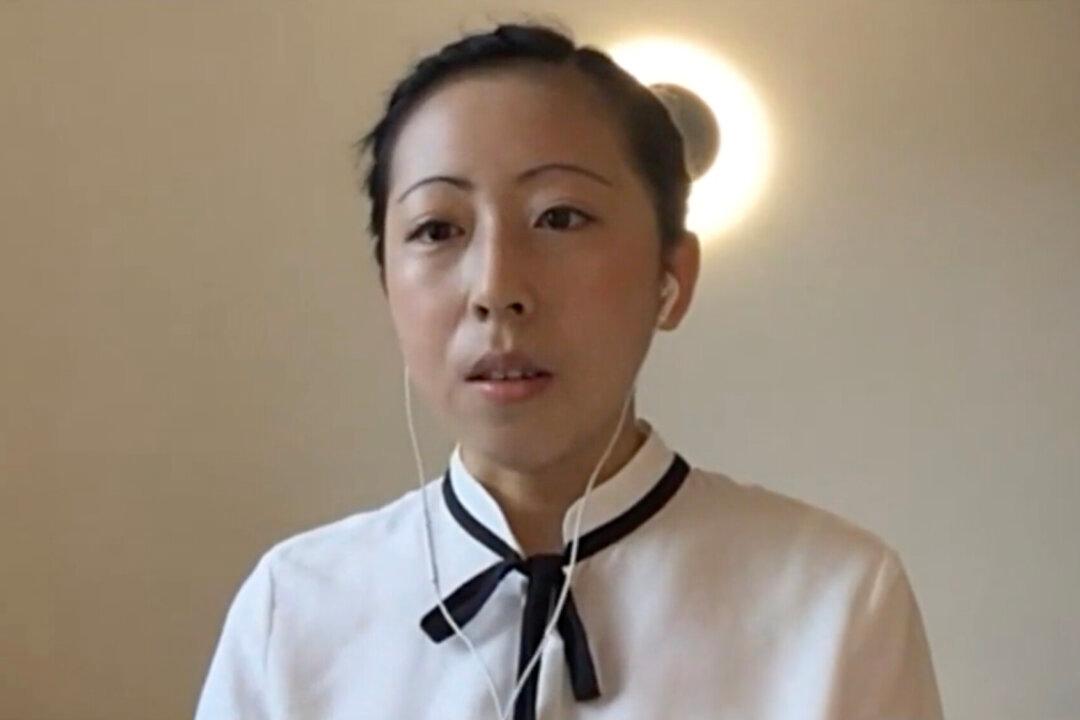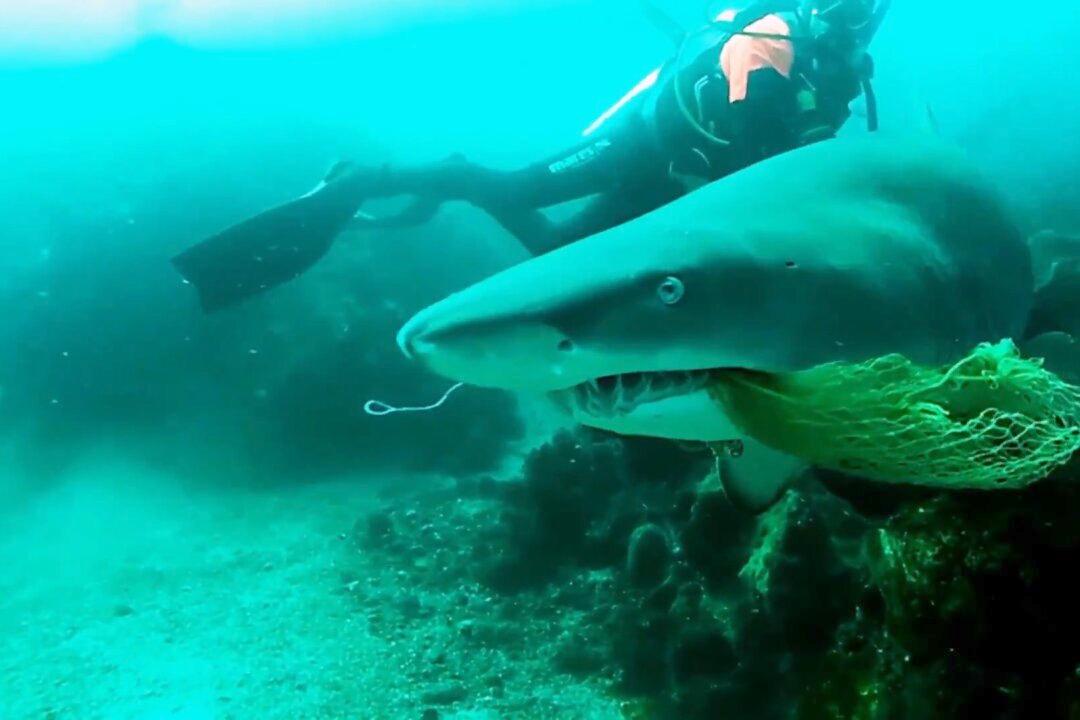LONDON, U.K.—A dreary November day stuck in a London bus. The stench of passengers, noisy children, barking dogs. The mood is dull. I don’t want to be here, thought David Pearl.
Then he thought again. “Suddenly my brain said: ‘Just imagine if you were dead David, and you were given a minute back on life but you had to take it here. Would you be complaining? Would you take a minute?’
“I would definitely take this minute. Just 60 seconds of normal life. I would not be complaining, I would be amazed at fellow human beings, I would savour the smell of the sweat, I would enjoy the aches of my body.”
He’s taken that “let’s do this now” energy with him ever since. “You know, maybe there’s never going to be a tomorrow,” he said spiritedly.
It’s been a theme in David’s life and career: finding that magic and meaning in mundane moments. Now he helps business leaders think outside-the-box.
He’s worked with influential people in some of the biggest companies in the world, like GlaxoSmithKline, Google, Intel, and Barclays, and runs an arts company and a social enterprise on the side. But getting there hasn’t been an easy ride.
A Turning Point
It wouldn’t cross your mind that David, an enterprising 56-year-old, sitting comfortably with a coffee in a central London café, has survived two suicide attempts.
The real low points in his life, like a dark and desolate abyss, were incredibly dangerous. When he was a university student at Cambridge he tried to commit suicide, for the second time. The first attempt was when he was a teenager.
“I think when I look back it was bad luck,” he said. “You can deal with one difficult thing, or two, but five in a row? It’s like buckets coming at once. I’ve noticed with people they can deal with any one of them individually, a break up of a relationship, work pressure, feeling not good in your skin, worry about the future … all of those were happening, changes I guess, and it all happened at once,” he recalled.
Now, he talks about embracing his life’s lows and still counts himself as one of the lucky ones. “It’s actually been a fuel for all the work I’ve done since. It helped me understand that we have highs and lows, and the lows can be incredibly productive. They are not necessarily pleasant but they can be incredibly productive.”
Lows force you to think about the deeper things in life, he said, but he doesn’t advocate depression. He recently spoke about it at a talk hosted by Google, as he felt that many business people suffer in silence. “I wanted to talk out and say, listen, you’re not alone mate,” he said, perhaps challenging the stigma around emotional health in the corporate world.
He has the demeanour of a performer as he speaks. It’s no surprise, as he has been an opera star since he was a young child after his school teacher spotted his talent. He debuted with Placido Domingo at age 9 at the Royal Opera House in Covent Garden and sang professionally there until age 13.
That exposure to the opera world at such a young age, where he was a schoolboy by day and an opera singer by night, deeply touched his heart. “It was the real-ist thing I ever heard. It wasn’t the stupid story or the crazy costumes, it was the power of the music, tucked through all the everyday stuff. It wasn’t opera it was life to be this bright, and it can be this beautiful,” he said.






